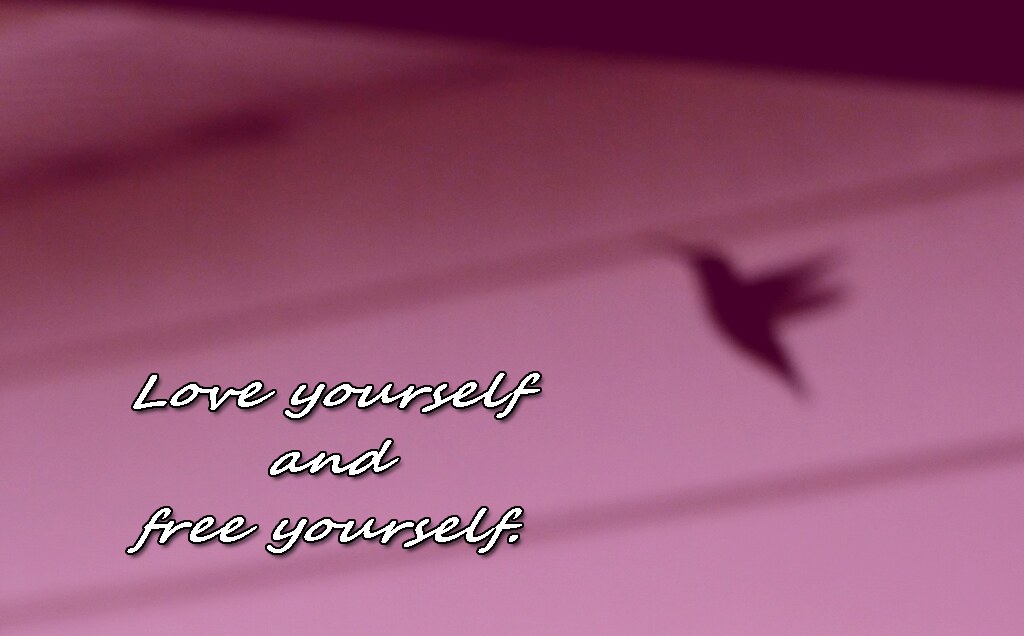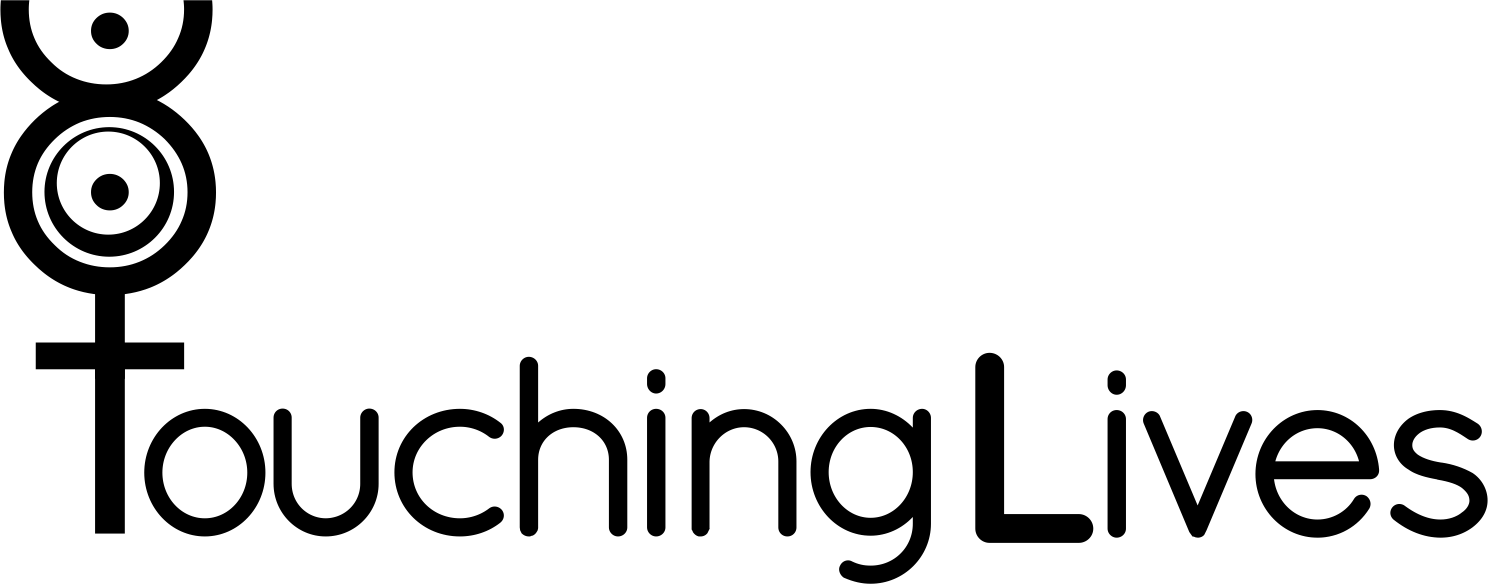Non-judgement. The tough thing about it, is practicing it. Not because it is complex. But because it is elusive. Many questions come up and very few answers. So then how do we position ourselves so that we don’t have to carry the unnecessary burden of bias and wrongful conclusions about ourselves and others?

Let’s take a look at Jon Kabat-Zinn’s definition of mindfulness. An American professor emeritus of medicine and the creator of the Stress Reduction Clinic and the Center for Mindfulness in Medicine, Health Care, and Society at the University of Massachusetts Medical School, he says,
Mindfulness means moment-to-moment, non-judgmental awareness. It is cultivated by refining our capacity to pay attention, intentionally, in the present moment, and then sustaining that attention over time as best we can. In the process, we become more in touch with our life as it is unfolding.
Mindfulness is key to a mind that is free from judgements. Many of us truly believe that the opinions we hold are only fair. That there are reasons to our opinions and that in fact we are entitled to them. We hold our opinions in high regard, and swear by them, irrespective of context and situations. But if we strive for it, we can certainly achieve a state of mind that will help us tow the line of non-judgement. Our community leader Sonam Tevar sheds light on this, sharing with us, her keen insight and her experience at Touching Lives.
Observe your thoughts
Think about your thoughts. This may sound tedious. But think about it. How often do we pay attention to our thoughts? We may be unaware of certain judgements popping up in the mind, instantaneously, when we encounter certain typical situations. If we can resolve to be more attentive to our thoughts, we might be able to transform them, eventually.

Appreciate yourself
Appreciate yourself for who you are and what you are doing. There are times, when we forget who we are at the core. We tend to overlook the finer details of how we are in fact making a difference through our actions. When we appreciate ourselves truly, we can reach a point of zero judgement about ourselves.
Exchange your place
Now, there will be times when you catch yourself thinking you are right to judge someone and go so far as to act upon it. But wait a minute. Take a step back. Does that make you a conscious human being? Because if you were in the shoes of the person you are judging, you certainly would not appreciate those kind of thoughts directed towards you. Let’s break that chain of judgement. It does not feel good to judge and to be judged. It’s as simple as that.

Do not compare
When we compare our ourselves with others, we set ourselves up for unhappiness. No matter what, others cannot be like us and we cannot be like others. Once we accept that we can dwell in the oneness that surpasses all our differences. In Sufi poet Rumi’s famous words,
Out beyond ideas of wrongdoing and right doing,
Rumi
there is a field. I’ll meet you there.
When the soul lies down in that grass,
the world is too full to talk about.
Ideas, language, even the phrase “each other”
doesn’t make any sense.
About the Writer:
Nisha Joshi is the Chief Editor and Teaching Fellow of the Discovery Program of Touching Lives. For her, life is a constant journey of learning, loving, diving into the unknown. She wants to spread the light of stories, poetry and music to the world
